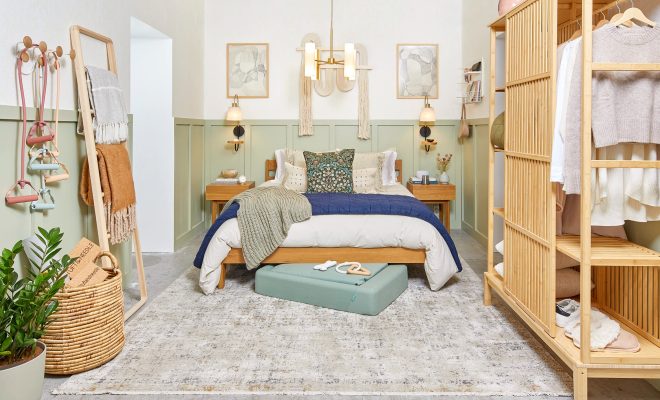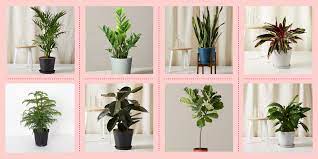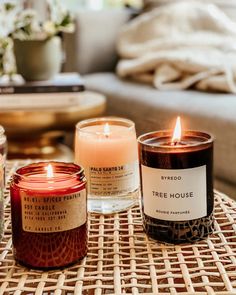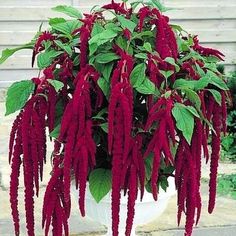The best basement floors, an expert guide to the types and finishes
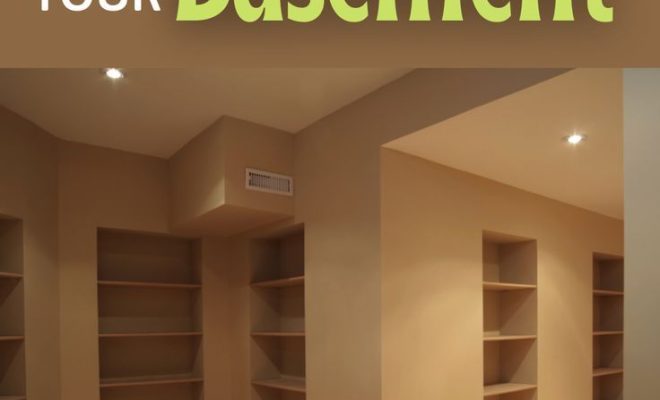
Choosing the best flooring for your basement is crucial, not just for aesthetic appeal but also for functionality and durability. Basements are unique areas of the home with their own challenges such as moisture levels, temperature fluctuations, and differing levels of traffic. Here is an expert guide to the types and finishes of basement floors that will help you make an informed decision.
Concrete Flooring: Concrete is a popular choice for basement flooring due to its durability and ease of maintenance. It can be painted, stained, or sealed with various finishes to improve its look. Epoxy coatings can also be applied for a more refined finish that’s both water-resistant and durable.
Vinyl Flooring: Vinyl flooring comes in sheets, tiles, or planks and can mimic the look of natural stone or hardwood at a more affordable price point. It’s highly resistant to moisture, making it an excellent option for basements susceptible to dampness. With luxury vinyl tile (LVT) or luxury vinyl planks (LVP), homeowners get a resilient and attractive flooring solution.
Ceramic Tile: Known for its resistance to moisture and easy cleaning, ceramic tile is a prime choice for basements. It comes in a wide range of styles, colors, and sizes. Porcelain tiles are especially dense, less porous, and more water-resistant than standard ceramic tiles.
Engineered Hardwood: While traditional hardwood may not be suitable for basements due to moisture concerns, engineered hardwood is designed to provide better stability against changes in humidity levels. It consists of a real wood veneer atop multiple layers of plywood or fiberboard.
Carpet: Carpet adds warmth and comfort underfoot which can be appealing in a typically cool basement environment. Opt for synthetic fibers like nylon or polyester which are less likely to develop mold or mildew compared to natural fibers. Additionally, consider moisture-resistant padding beneath the carpet for extra protection.
Laminate Flooring: Laminate offers the look of hardwood or stone but at a reduced cost and with easier installation. Many modern laminate floors come with coatings that make them more resistant to moisture and suitable for basement settings.
Rubber Flooring: Rubber flooring could be an ideal solution if your basement doubles as a gym or play area. It’s durable, water-resistant, comfortable to walk on, and comes in various patterns and colors.
Before settling on any type of floor, consider factors such as your budget, basement use (e.g., gym, living space), exposure to moisture, personal style preference, and how much time you’re willing to spend on maintenance. The best basement floor is one that meets your practical needs while also aligning with your aesthetic vision.

